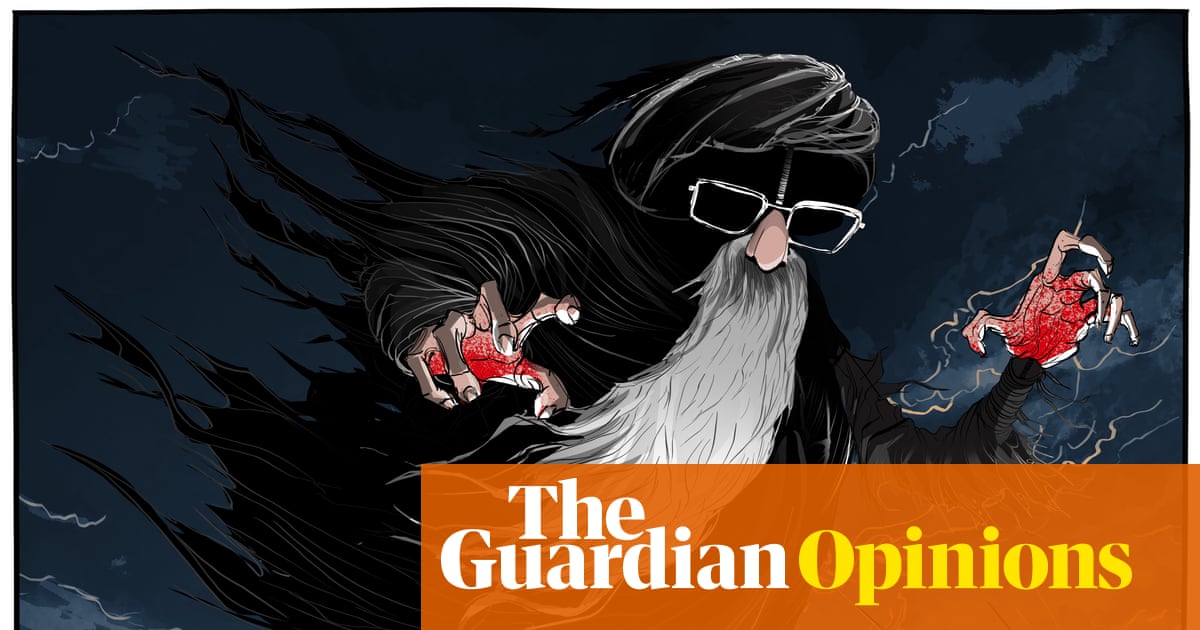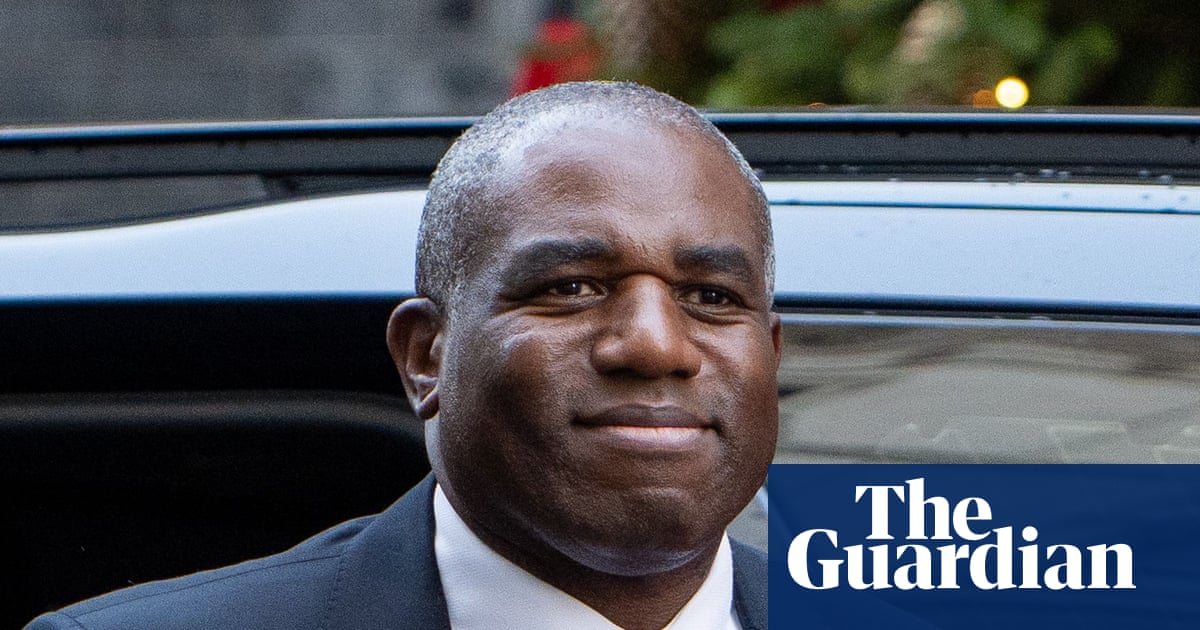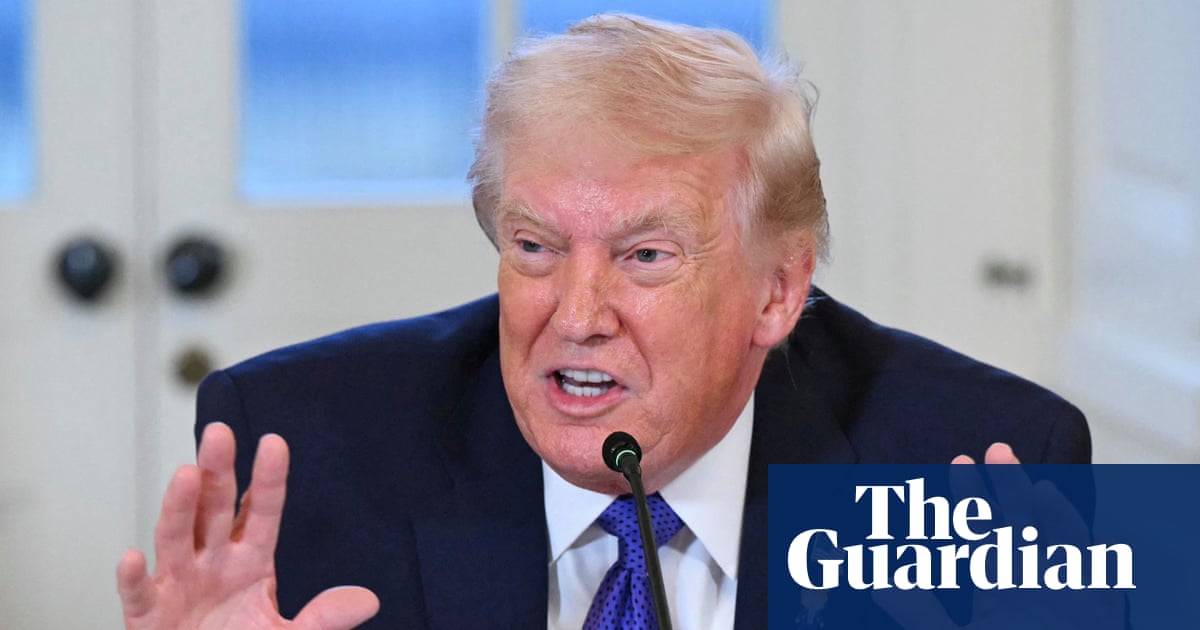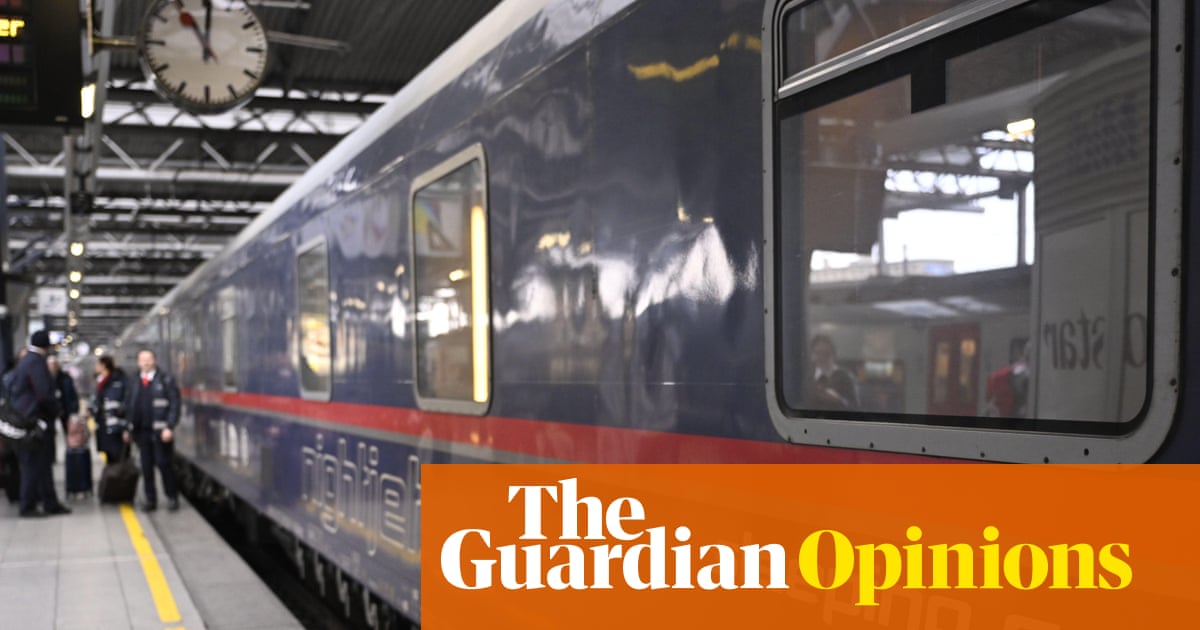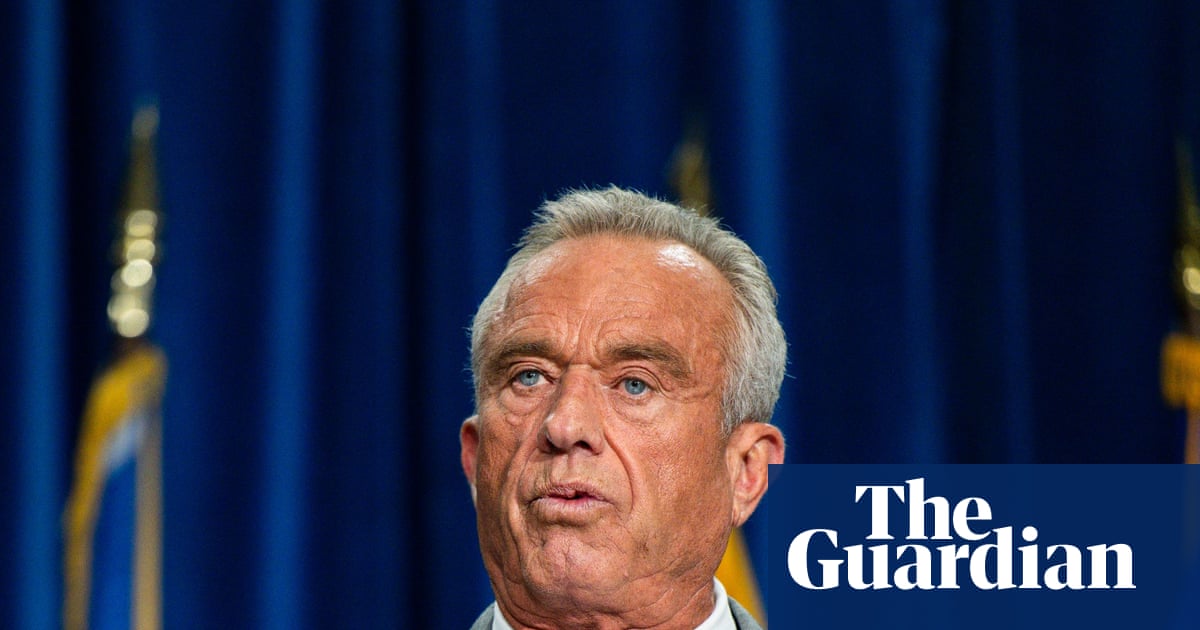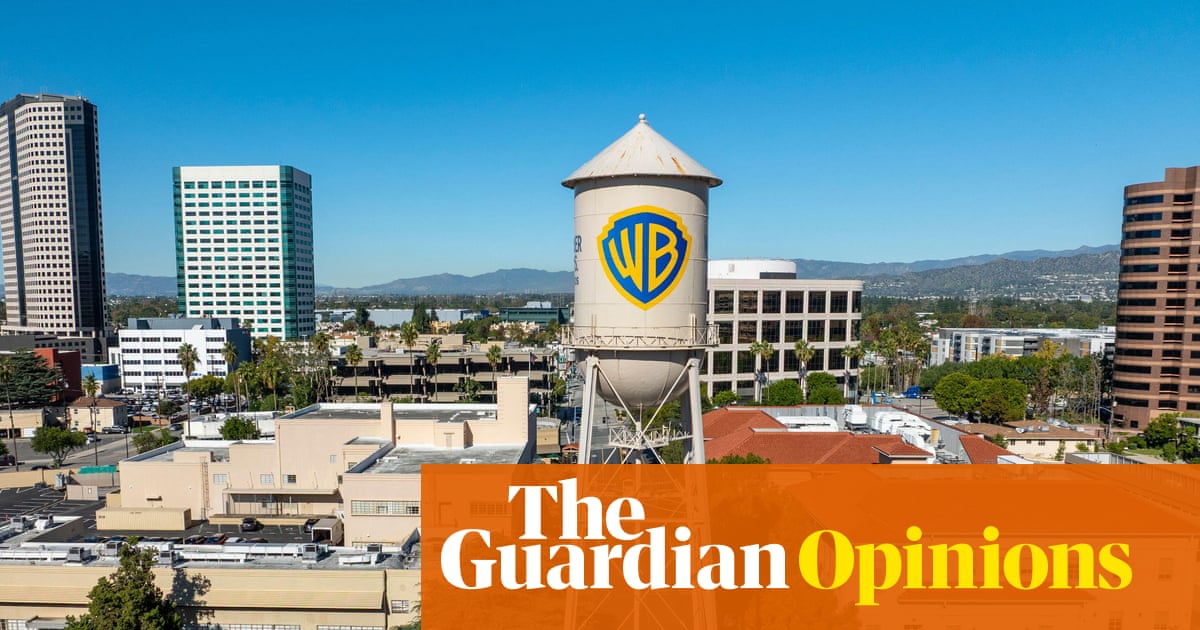Germany’s far-right Alternative für Deutschland (AfD)party is expected to make significant gains as voters in the country’s most populous state go to the polls in local elections that are seen as Friedrich Merz’s first significant electoral test since he took office as chancellor four months ago.
North Rhine-Westphalia, home to almost a quarter of Germany’s citizens and made up of swathes of agricultural land, post-industrial towns and cities with large multi-ethnic and student populations, is viewed as something of a bellwether for the country as a whole.
According to final opinion polls, Merz’s conservative Christian Democratic Union is on course to retain its dominant position in the state, with about 35% of the vote.
The far-right populist AfD has been polling at about 16%, between two and three times its performance in the state’s last local elections five years ago, giving its candidates who are running for mayoral positions a considerable chance of reaching second-round votes in two weeks’ time.
Countrywide attention on the vote will focus in particular on whether AfD can repeat the big gains it has made in the states of the former communist east.
The vote is taking place against the backdrop of a weakened German economy, rising unemployment and growing unease over immigration – the AfD’s key issue.
Merz has pledged to get the economy back on track, reduce immigration and cut the far right down to size.
Since February’s federal election, the AfD has come top in several national opinion polls.
The Social Democratic party, a junior partner in the coalition government, is facing a fierce battle for political survival in some areas – in particular, former coalmining regions where it was once sure of victory.
The more success the AfD achieves in securing a foothold in local political positions, by securing mayoralties and councillor posts, the harder it will be for the mainstream parties to uphold their pledge to maintain a “firewall” preventing political collaboration with the AfD at the federal level, experts say.
after newsletter promotion
International issues have also played a role in the North Rhine-Westphalia campaign, even if they only indirectly affect local political issues, with Merz seen as a bolder figure in representing Germany’s interests abroad than his Social Democrat predecessor, Olaf Scholz.
Particular attention has been given to the role he has forged in trying to bring European allies together over the defence of Ukraine as the Trump administration vacillates over its backing. But on immigration, where he has pledged to dramatically change Germany’s policy, voters have said they are not so convinced, despite the fact that numbers have dropped in recent months.
The AfD has presented itself as a confident alternative, scoring points with voters on issues such as energy provision, education and above all immigration, even though these policy areas are not decided at the local level.

 3 months ago
71
3 months ago
71








